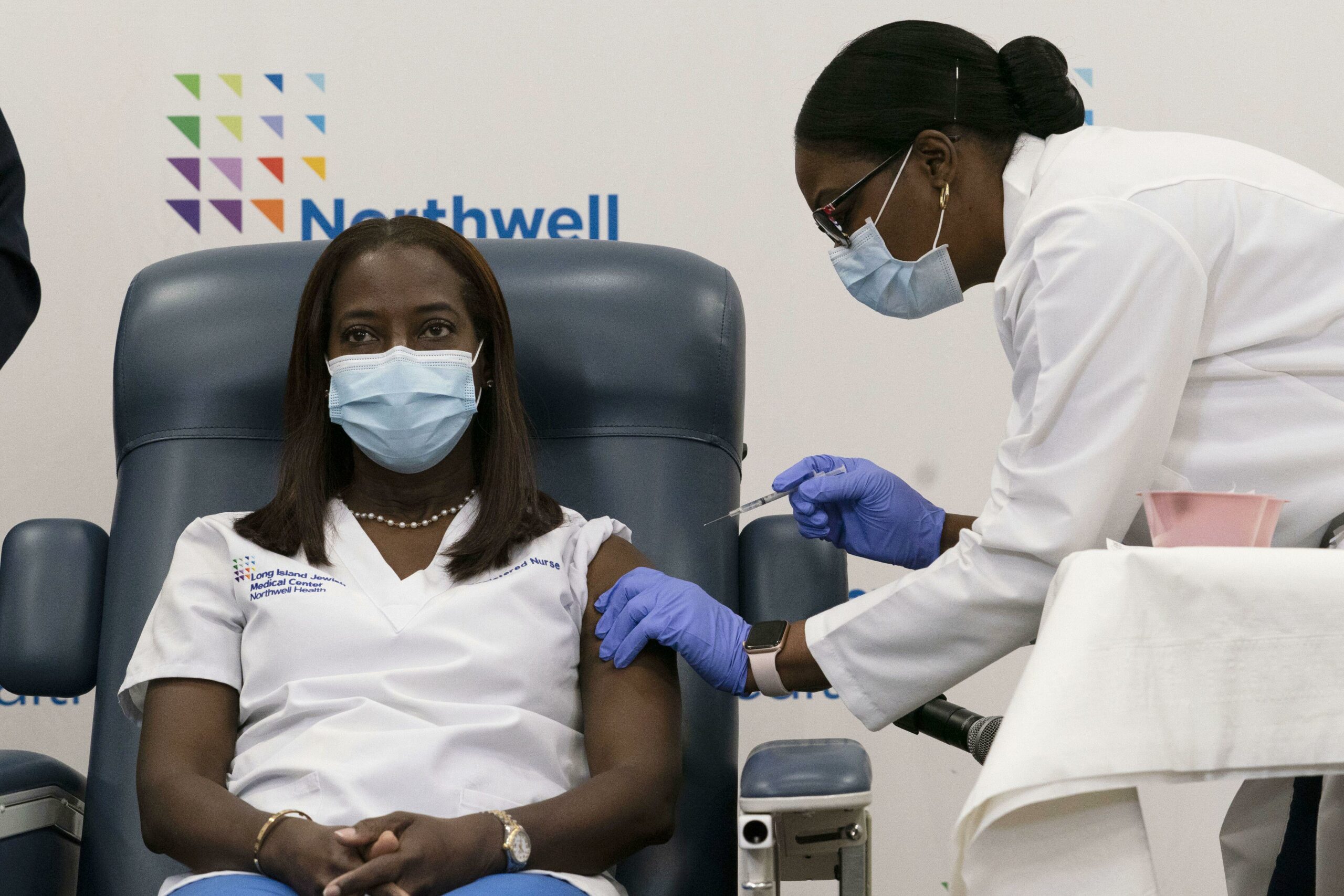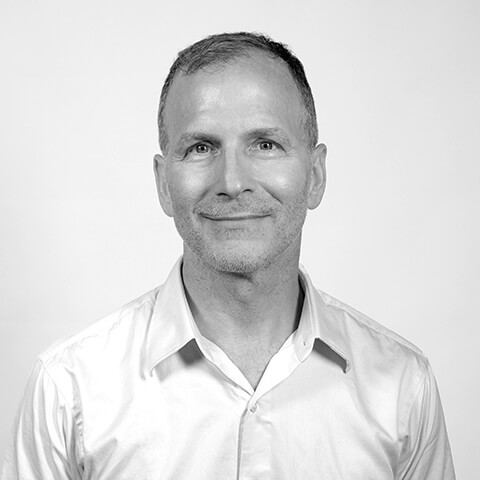If we’re actually committed to building Black Americans’ trust in COVID vaccines, we need to reckon with some painful truths first.
The COVID-19 vaccine is rolling out, and there’s never been a more urgent moment to map the path forward in building medical trust among Black Americans. Black communities are dying at twice the rate of other Americans, and a trust-building campaign targeted to Black audiences is critical for driving COVID-19 vaccination among this community to save more lives and contain the pandemic. However, it won’t succeed unless the government and medical establishment first undertake a truth campaign that recognizes the painful historical roots of this cultural mistrust.
As healthcare communicators, we know that trust-building cannot come without truth-telling. We believe any COVID-19 vaccination campaign that will successfully increase Black Americans’ trust in medicine and drive vaccine uptake must reflect several fundamental elements of truth. If trust is the needle, truth is the thread – and here’s what we recommend a COVID-19 vaccination campaign weave together:
Name It and Frame It
Popular lore perpetuates the idea that the infamous Tuskegee experiment, in which Black men with syphilis were unwittingly enrolled, unknowingly given spinal taps without anesthesia, then intentionally denied effective treatment for decades, is the reason Black Americans distrust the health establishment. The truth? Tuskegee is only one example of the medical atrocities endured by Black Americans because of institutional racism. Black America’s medical apartheid runs deeper, from the violence perpetuated by James Marion Sims, the former President of the American Medical Association and American Gynecological Society often credited as the “Father of Modern Gynecology,” who performed operations without anesthesia on enslaved women unable to provide consent, to the exploitation of Henrietta Lacks, whose cancer cells were secretly harvested for research without her consent.
These shameful episodes of medical exploitation are all components of Black America’s medical apartheid and the medical mistrust that persists today. There are legitimate reasons many Black Americans don’t trust the medical establishment, don’t participate in clinical research, and don’t receive equitable care within our current system. An effective COVID-19 vaccination campaign must acknowledge this historical perspective and its implication for the present. Failing to do so can lead to inadequate patient care, deepen mistrust, and traumatize patients. A campaign shouldn’t seek to simply erase this pain – rather, acknowledging this collective trauma allows us to address it, validate it, and rebuild trust.
Messengers Matter
Trustworthy messages need trustworthy messengers; whether from government, academia, or the medical, faith or advocacy communities, public health agents must earn Black Americans’ trust by acknowledging their historical pain while disseminating honest, accurate information. Simply touting talking points isn’t enough. messengers need to include authentic community leaders who have a genuine stake in protecting the health of African Americans. A COVID-19 vaccine campaign should employ messengers that understand the collective history of medical exploitation in the U.S. and are willing to hold the medical establishment accountable for it. The good news is that trustworthy community leaders are already being tapped through organizations like the Black Coalition Against COVID-19, which is leading the way with initiatives like Love Letter to Black America, a culturally relevant collaboration with Black medical schools including Meharry Medical College, Howard University College of Medicine, and Morehouse School of Medicine. Black America has dealt with a medical system that has been untruthful to them, and it needs messengers it can trust.
Lead by (Honest) Example
The more Black American role models participate in public vaccination, the more they can help engender trust. Sandra Lindsay, a Black nurse at New York’s Long Island Jewish Medical Center was vaccinated on national TV to “inspire people who look like me” to trust the vaccine. But there was a missed opportunity to acknowledge that the source of Black people’s vaccine hesitancy goes well beyond any specific concerns of safety or effectiveness. Vaccination “role models” should acknowledge and address vaccination fears, and seize opportunities to convey factual truths about how the vaccines work, how well they’ve been shown to work in Black patients, and their side effects.
Disrupt the Narrative
The heritage of medical mistrust among Black Americans and its potential impact on the trajectory of the pandemic is a story that must be heard, even within the crowded COVID-19 soundscape. It will take radically honest and attention-seizing messaging to break through. Imagine the impact when a provocative hashtag like #BeyondTuskegee or #BlackMedicalApartheid trends alongside the traditional narratives of civil rights and inequality during Black History Month. It will take a deep and wide social media-driven campaign to pull back the curtain on the history of medical exploitation, validate Black Americans’ concerns about getting vaccinated, and change hearts and minds.
Truth Will Beget Trust, and Trust Will Beget Population Immunity
Telling these truths is more urgent than ever. According to Dr. Fauci’s most recent estimates, 85% of Americans need to be immunized to achieve protective population immunity. Clearly this won’t happen if, as a recent Kaiser Family Foundation survey suggests, more than one-third of Black adults opt not to get the vaccine.
There is a lot at stake. Repairing the trust between the medical establishment and Black Americans will help protect the people disproportionately affected by COVID-19. And there would be positive impacts beyond the pandemic as well, like boosting Black patients’ participation in clinical studies and encouraging more young Black Americans to pursue careers in medicine, a field sorely lacking in Black representation. This work won’t be easy, effortless, or comfortable, but it’s work worth doing, and it starts with the simple act of telling the truth.



